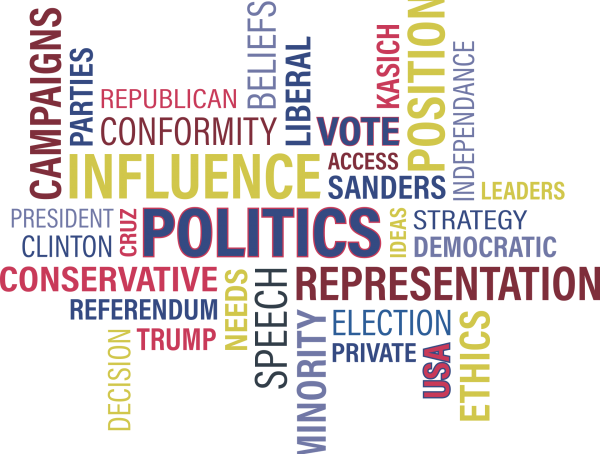A Pew Research Center study found that 73 percent of children aged between 13 and 17 in the United States have access to a smartphone and spend a substantial amount of time a day on it.
This heavy use can expose children to risks such as accidental or intentional exposure to child-inappropriate content, cyberbullying and privacy invasion. That is why parents are concerned about their children’s use of the device.
Wonsun Shin, senior lecturer in the School of Culture and Communication at The University of Melbourne, and Hye Kyung Kim, assistant professor in the Wee Kim Wee School of Communication and Information at Nanyang Technological University in Singapore, investigated the psychological factors motivating parents to engage in parental mediation of children’s smartphone use.
The authors conducted an online survey with parents of young smartphone users between 10 and 17 years old in the United States.
The findings suggest that parents perceive active mediation more desirable than restrictive mediation. Active mediation refers to parents discussing appropriate media consumption behavior with their children, while restrictive mediation refers to parents setting rules to control or limit children’s media usage.
Parents also believe that they had greater control over active mediation and that their children were more supportive of their engagement in active mediation, compared to restrictive mediation.
To read the full text of the study:
Shin, W., & Kim, H. K. (2019). What Motivates Parents to Mediate Children’s Use of Smartphones? An Application of the Theory of Planned Behavior. Journal of Broadcasting & Electronic Media, 63(1), 144-159.








